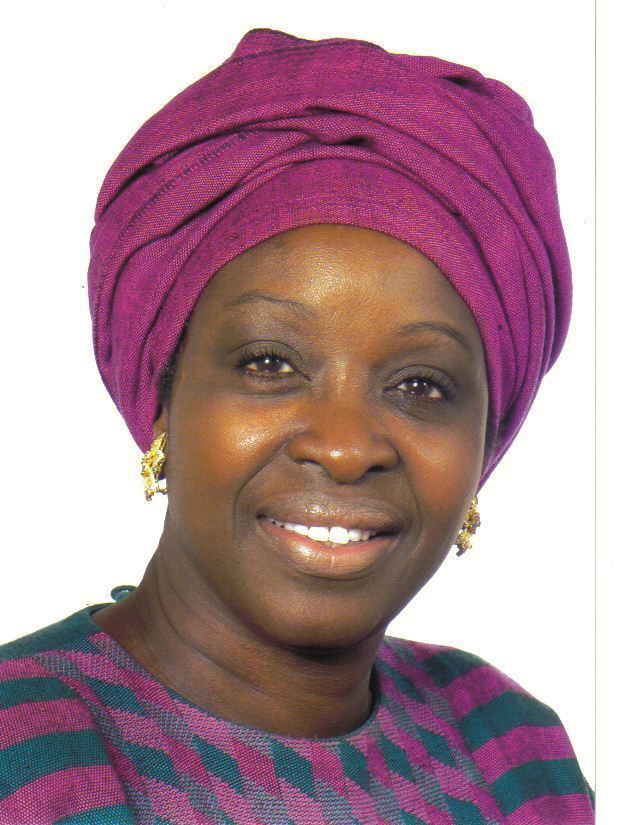Almost two decades since the ground-breaking Beijing Women’s Conference, no country in the world can claim gender equality. As the United Nations Under Secretary-General Phumzile Mlambo-Ngcuka notes, giving women equal opportunity and removing economic structural barriers, will spur inclusive growth. This view is echoed by prominent economists, such as the African Development Bank’s (AfDB) Mthuli Ncube and AGH Capital’s Charles Okeahalam, who say studies show that providing economic opportunity to the other half will without doubt lift growth.
“As with most issues of social transformation, reducing gender inequality is a process, not an event. The key issue is for society to distribute inputs and resources in a way that allows for a full set of economic and social opportunities to be more gender neutral. In Africa, this would lead, as it has done in a number of more industrially advanced societies, to an increase in the opportunity cost of maternity,” says Okeahalam. Yet women remain largely marginalized. According to the WEF’s 2013 Global Gender Gap Report, there are no African countries in the top 10 economies that have closed their gender gaps in the main categories of education, health, economy and politics. Lesotho and South Africa are the best placed, at number 16 and 17 respectively. Overall, the region closed 66% of its gender gap last year, though in education, the continent holds last place.
The 2014 report will be released at this year’s WEF, to be held in Abuja, Nigeria, from May 7 to 9. Women’s issues will be addressed in various other forums around the gathering, says Huguette Umutoni, WEF Africa Team Co-ordinator.
“We are looking to have women’s issues as a common thread for many of our sessions be it around jobs, entrepreneurship, agriculture, peace and security,’’ says Umutoni.
Femmes Africa Solidarité’s Bineta Diop, recently appointed the Africa Union Commission’s special envoy for Women, Peace and Security, will be one of the co-chairs of the Abuja summit. There will also be two other sessions focusing on female leaders.The forum’s efforts are part of a broader struggle to increase women’s participation in the continent’s development. AfDB’s 2014-2018 gender strategy is closely linked to its 10-year strategy, which promotes inclusive growth.
Loading...
“Investing in women and girls is smart economics and impacts everyone positively,’’ says Geraldine Fraser-Moleketi, the AfDB’s special envoy on gender.
The statistics certainly make for some sad reading. A fifth of Africa’s women have bank accounts and the United Nations Development Program says the continent has suffered a 60% loss in development because of gender inequality.
African women and girls are among the world’s poorest, have the highest illiteracy rates, earn amongst the lowest wages and even in agriculture, where women dominate, productivity is 30% lower than men because of lack of access to inputs, according to the AfDB. Klaus Schwab, the Executive Chairman of the WEF, says it is everybody’s responsibility – governments, civil society, educators and media – to provide policy frameworks and the environment to empower women.
“There is not one path to parity, but many. Cash transfer programs, equal access to credit and financial services, parental leave, affordable childcare facilities, innovative hiring processes, redesigned career paths and meaningful mentoring programs are but a few of the types of changes that must be made,’ says Schwab in the 2013 Global Gender Gap Report.
African governments have also been making strides. In March, South Africa’s parliament passed a gender bill that criminalizes discrimination against women and seeks to improve their access to education, training and skills development. But across the continent, the absence of statistics and lack of gender mainstream planning means more remains to be done.
Loading...
